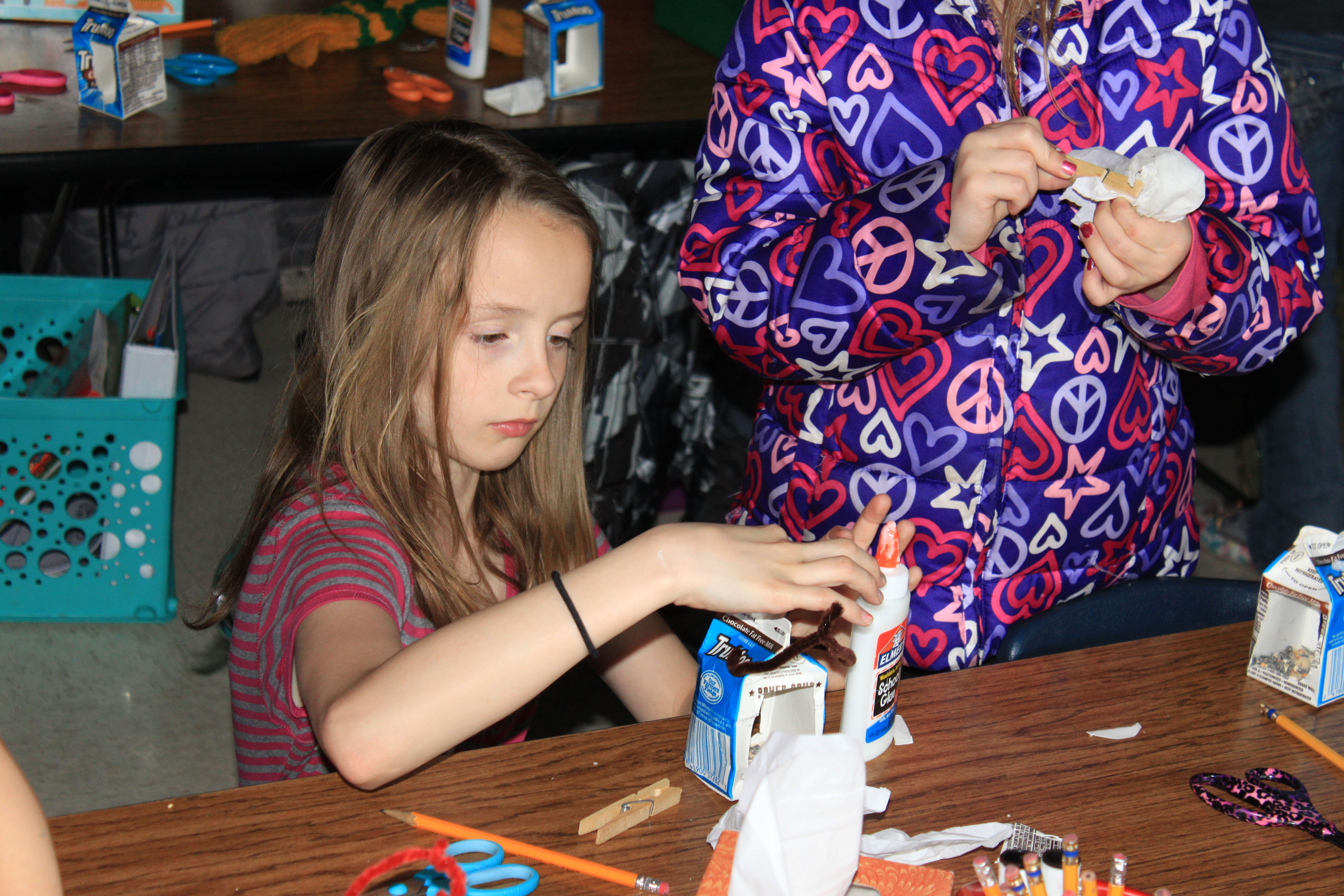Library Rambler: Stalking Moose with a Frying Pan

On the first portage on Isle Royale, we realized our error: it was easy to haul a wrought iron frying pan around in a canoe, but carrying it over rough terrain for two miles was a nuisance. To make matters worse, by the time we got to the second portage, my nephew and younger brother had gone on strike. They were protesting the food.
Besides refusing to eat anything, they refused to carry anything. That meant that Dennis and I had to make two portages, one to carry the aluminum canoes and the other to carry the gear. Having assumed the role of benevolent dictator, I elected to carry the chafing pan leaving Dennis with the frying pan. In addition, he would be responsible for the landing net, six fishing poles, one tent, two packs, and his camera gear.
As we marched the gear up the trail, I followed him and noticed that the landing net, which was attached to Dennis’ belt, was catching on the brush along the trail. The piece of elastic on the handle which Dennis had tied to his belt would stretch out to its maximum. When it had reached its limit, the net would break free, the elastic propelling the handle of the net back toward Dennis. Half the time, it hit the frying pan, which was also hanging from his belt.
When the net handle hit the pan, it made a sound like a church bell. At the same time, Dennis, who had been straining against the entangled net, would, when it broke free, lunge forward a few steps. I counted myself lucky. At least I could use the chafing pan as a kind of umbrella to keep the rain off.
Part way through this portage we crossed the path of an elite hiking group. Everything about them seemed efficient and lightweight. They had lightweight packs, lightweight sleeping bags, and lightweight rain gear. They moved with a quick, spritely gait and probably covered twenty miles a day.
When they saw us, they were shocked. Out of pity perhaps, they stepped aside to let us pass. They marveled at the frying pan and puzzled about the two young men with us who seemed to be doing nothing. Lest they think the worst, I told their leader, “It’s nothing really-they’re just on strike.” He did not seem to understand.
A half mile further on, we encountered the moose. It was the last week of May, and they had not seen humans for the entire winter. They were also a bit surprised for they had not anticipated our popping around that corner in the trail.
Dennis, our nature photographer, was transfixed by this opportunity to capture the image of moose so close. He froze and slowing drew his camera up to take a shot. The nearest moose, meanwhile, stood motionless and wide-eyed, unsure what to do.
I tried whispering to Dennis, “Take you packs off-in case he charges.” I slowly set my chafing pan down, and slide out of my pack. I was about to step behind an adjacent tree when I noticed that the landing net had again caught on some brambles. Just then, Dennis took a step toward the moose.
I was too far away to reach the net, so I whispered, “Dennis, the net is caught.” Instead of stopping, he went into a crouch and took another slow step toward the moose now just six feet away. As he finished the step, the net broke free, hitting the frying pan. At the same time, Dennis lost his balance, toppling over in the direction of the moose. That was the last we saw of the moose.
Rhinelander District Library director Ed Hughes is available at 715-365-1070.
Leave a reply
You must be logged in to post a comment.



